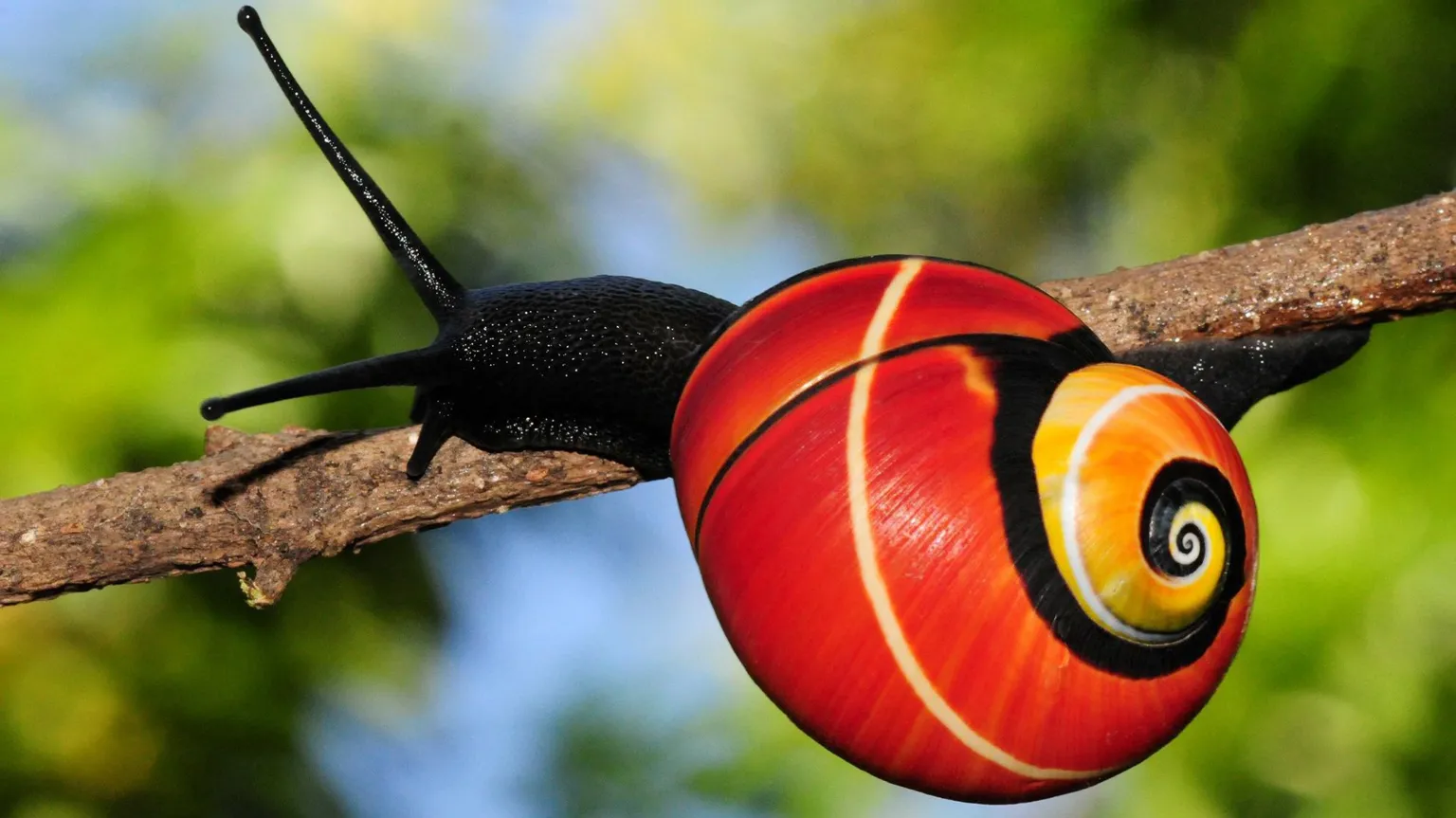Scientists team up to rescue Cuba’s endangered rainbow snails

The Polymita tree snails, native only to Eastern Cuba, are under serious threat from collectors who prize their colourful, patterned shells.
A rare species of snails known for their strikingly beautiful shells is facing extinction, and scientists from Cuba and the UK have launched an urgent mission to save them.
The Polymita tree snails, native only to Eastern Cuba, are under serious threat from collectors who prize their colourful, patterned shells.
Now, researchers are combining efforts to preserve the snails and uncover the genetic secrets behind their unique appearance.
Polymita snails, often described as the most beautiful snails in the world, are known for their bright, intricate shells in vivid shades of orange, yellow, green, and blue. But this beauty has made them a target in the shell trade.
The species are protected under international laws, yet collectors still find ways to sell them online, often at high prices. In one case, a set of seven shells was listed for £160.
"One of the reasons I'm interested in these snails is because they're so beautiful," said Prof Angus Davison, an evolutionary geneticist and mollusc expert from the University of Nottingham. "The irony is that this is the reason the snails are so threatened. Their beauty attracts people who collect and trade shells. So the very thing that makes them different and interesting to me as a scientist is, unfortunately, what's endangering them as well."
Among the six known Polymita species, Polymita sulphurosa is considered the most endangered.
It features a lime green base, blue flame-like coils, and orange and yellow bands—making it a particular target for collectors. But every empty shell sold once belonged to a living creature, and overharvesting is pushing populations toward extinction.
Prof Davison and Prof Bernardo Reyes-Tur from the Universidad de Oriente in Santiago de Cuba are now leading a joint conservation and research project.
Their aim is to better understand the evolution of these snails and to support captive breeding as a way to protect them.
Prof Reyes-Tur has taken some of the snails into his home in Eastern Cuba, where he is attempting to breed them under difficult conditions. "They have not bred yet, but they're doing well," he said during a video call. "It's challenging though – we have blackouts all the time."
Meanwhile, Prof Davison’s team in Nottingham is focusing on genetic research. Using samples of tissue stored in cryogenic freezers, they are sequencing the genome of the snails to learn more about how the different species are related and what genes are responsible for their brilliant colour patterns.
"There are international rules to protect these snails, but they are hard to enforce," Prof Davison said. It is illegal to remove the snails or their shells from Cuba without permits under the Convention on International Trade in Endangered Species, but selling them elsewhere is often still allowed.
With climate change and deforestation also affecting their limited forest habitat in Cuba, scientists warn that even small-scale collection could lead to local extinction. "You can easily imagine where people collecting shells would tip a population over into local extinction," Prof Davison noted.
Despite the challenges, both researchers are hopeful that their work can help turn the tide before it’s too late.
"Eastern Cuba is the only place in the world where these snails are found," Prof Davison said. "That's where the expertise is – where the people who know these snails, love them and understand them, live and work. We hope we can use the genetic information that we can bring to contribute to their conservation."
